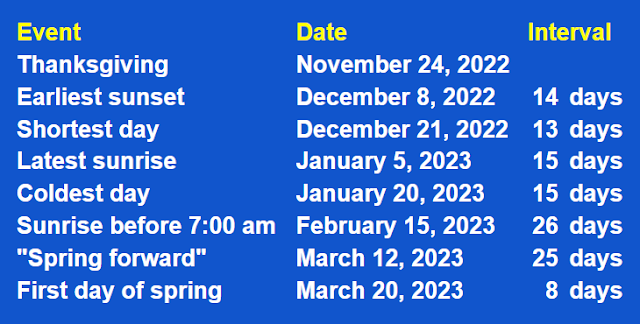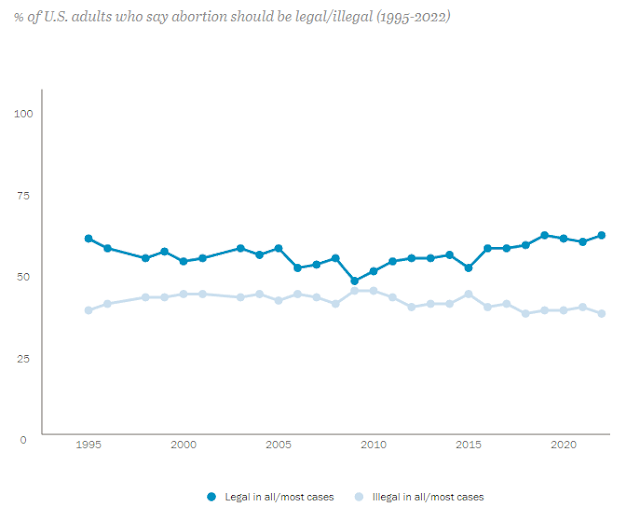I'm pretty happy with my life. It's not over yet, but I'm in my 60s, so the bulk of it is past. How I got here is an interesting mix of unlikely events. To what do I owe my happiness? Well, a lot of hard work should be on the list, because American ethics are pretty clear that you're supposed to earn your joy that way. But I'd be lying if I put it near the top. There was some hard work, but not a lot of hard work.
Here's the most important stuff, in chronological order:
1958: I'm born to a couple of smart parents who take excellent care of me.
1972: Langley High School has dial-up access to a computer. I teach myself to program it, and stop hating school, a little.
1974: My parents move me into the "alternative learning program." I stop hating school, a little more.
1976: Explicitly because he "might want a military brat," Dean Ed Wall accepts me into Amherst College. Years later, I will realize I was a diversity admission.
1977: Amherst replaces its antique IBM-1130 computer with a VAX 11/780. As the school's sole "computer consultant," I get unlimited use. Everyone tells me I am wasting my time, using it to make abstract computer animations and mysterious synthetic sounds.
1980: I graduate with a physics degree, cum laude. The Latin words are solely because Mark Peterson was willing to do a thesis with me after every other member of the department turned me down.
1982: A nearby business asked us to copy an eight-inch data tape onto five-inch reels for their smaller machine. My boss thought they made porn so he pushed me to make friends. Turns out they made computer graphics for TV ads. Quit my job, started with them.
1984: Living in Hoboken, was able to start a graduate degree in computer science, at night. This was not hard work, as I already knew everything they covered. Got the degree in only four years. 8-)
1988: Kind of on a lark, took the LSAT. New York Law School got my score and accepted me without application. With a scholarship. And a night school. Started a law degree, in New York, for free, while keeping my day job.
1991: Finished law school a little early. Yeah, that actually was hard work.
1992: Passed the New York bar without taking a bar review (I was too broke to pay for it).
1994: Met a stunning young woman who loves to read science fiction and play computer games. She works in a book store, and is utterly out of my league. Also, I'm sure she's a lesbian. We get married two years later.
1996: Faxed famous defense attorney Jack Litman to offer my help in the first big press case of a "cybersex" offense. He takes me on. No pay, but it's Jack Litman.
1999: Litman's old partner takes me on as computer forensics expert for his intelligence firm.
2001: Went solo as an expert witness.
2002: Passed Virginia bar exam without a bar review (well, took one by mail). Also, a stunning young woman delivers our son who, as it turns out, ends up being a really decent fellow.
2007: Won election to the Loudoun county board of supervisors, defeating the incumbent.
2020: Heard University of Maryland has a sudden need for a game programming teacher, online. My degree is a master's, not a doctorate, but I apply. They take me.
2021: Maryland starts a new department of "Immersive Media Design." Something about abstract computer animations and mysterious synthetic sounds. I apply for the spot. They take me.
Nobody really plans a path like that, so I recognize that most of what has happened to me has been a mix of modest effort on my part, substantial good will and help from others, and a lorryload of really good luck. Never made a billion dollars, but I'm not complaining. (Well, never made a billion... yet.)























